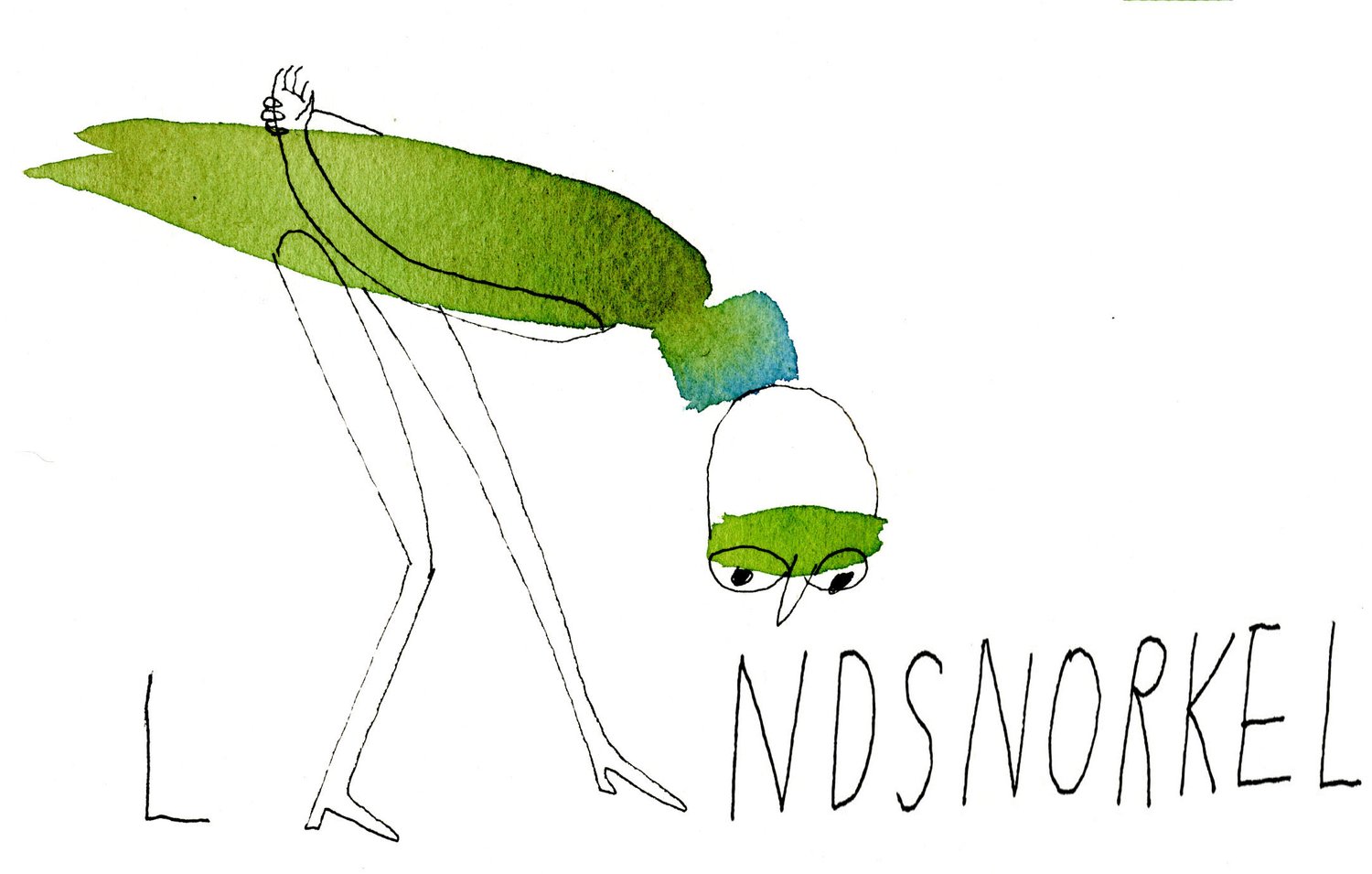THE HYBRID MIND: The More High-Tech Schools Become, the More Nature They Need
By Richard Louv on November 18th, 2013On Nov. 16, at the annual Learning & the Brain conference in Boston, Mass., I offered some of the following remarks in a keynote address. My topic was “The Hybrid Mind.” This was drawn in part from earlier essays and my book, “The Nature Principle.”I once met an instructor who trained young people to become the pilots of cruise ships. He described the two kinds of students he encounters. One kind grew up mainly indoors, spending hours playing video games and working on computers. These students are quick to learn the ship’s electronics, a useful talent, the instructor explained. The other kind of student grew up spending a lot of time outdoors, often in nature. They, too, have a talent. “They actually know where the ship is.” He wasn’t being cute. Recent studies of the human senses back that statement up. “We need people who have both ways of knowing the world,” he added.Others are skeptical, if not hostile to technology. In his book The Dumbest Generation, Mark Bauerlein, a professor at Emory University, reels out studies comparing this generation of students with prior generations, reporting “they don’t know any more history or civics, economics or science, literature or current events”— despite all that available information. Other researchers believe that people who experience too much technology in their formative years experience stunted development of the frontal lobe, “ultimately freezing them in teen brain mode,” as Maclean’s magazine put it. Read Full Article here:
Currently, the force of economics is on the side of technology and standardized efficiency. Optimistic researchers suggest that multitasking is creating the smartest generation yet, freed from limitations of geography, weather, and distance—pesky inconveniences of the physical world.
